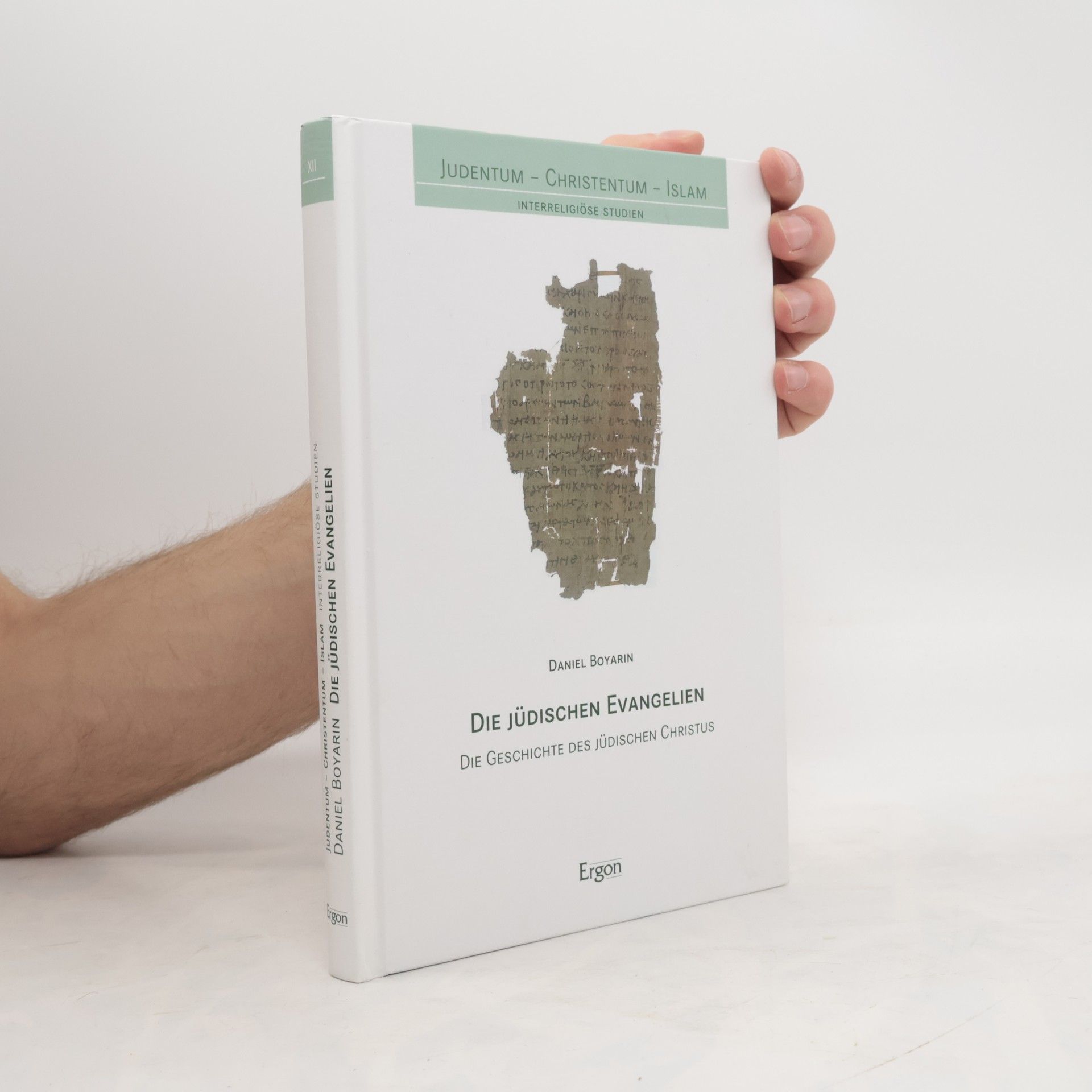Medienprojekte im Mathematikunterricht
Projektentwicklung und Evaluation affektiv-motivationaler Merkmale und Leistung
- 272 pages
- 10 hours of reading
In diesem Open-Access-Buch entwickelt Daniel Barton auf Grundlage theoretischer Rahmenmodelle hinsichtlich emotionaler und motivationaler Faktoren von Lernprozessen ein Unterrichtsprojekt im Rahmen des Mathematikunterrichts der Sekundarstufe I. In dieser Lernumgebung produzieren Schülerinnen und Schüler der neunten Jahrgangsstufe des Gymnasiums Erklärvideos zu geometrischen Körpern. In einer umfassenden Studie untersucht der Autor den Einfluss der Lernumgebung auf emotionale und motivationale Faktoren sowie die Lernentwicklung in diesem mathematischen Themengebiet. Die Befunde weisen auf eine erhöhte intrinsische Motivation innerhalb dieser Lernumgebung sowie positive Auswirkungen auf das emotionale Erleben im Mathematikunterricht hin. Der AutorDaniel Barton ist wissenschaftlicher Mitarbeiter am Institut für Didaktik der Mathematik an der Universität Bielefeld und befasst sich mit der Erforschung von Lernumgebungen und insbesondere deren Wirkung auf emotionale und motivationale Faktoren innerhalb des Mathematikunterrichts.

